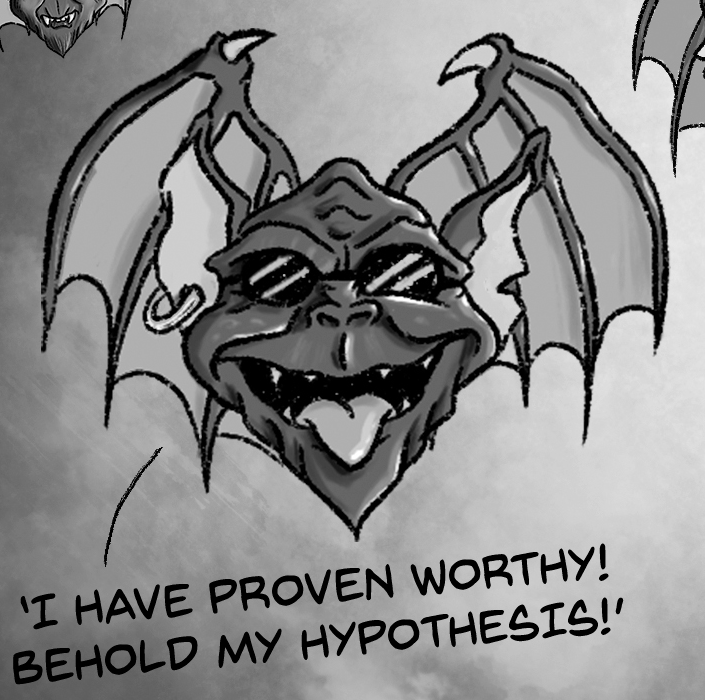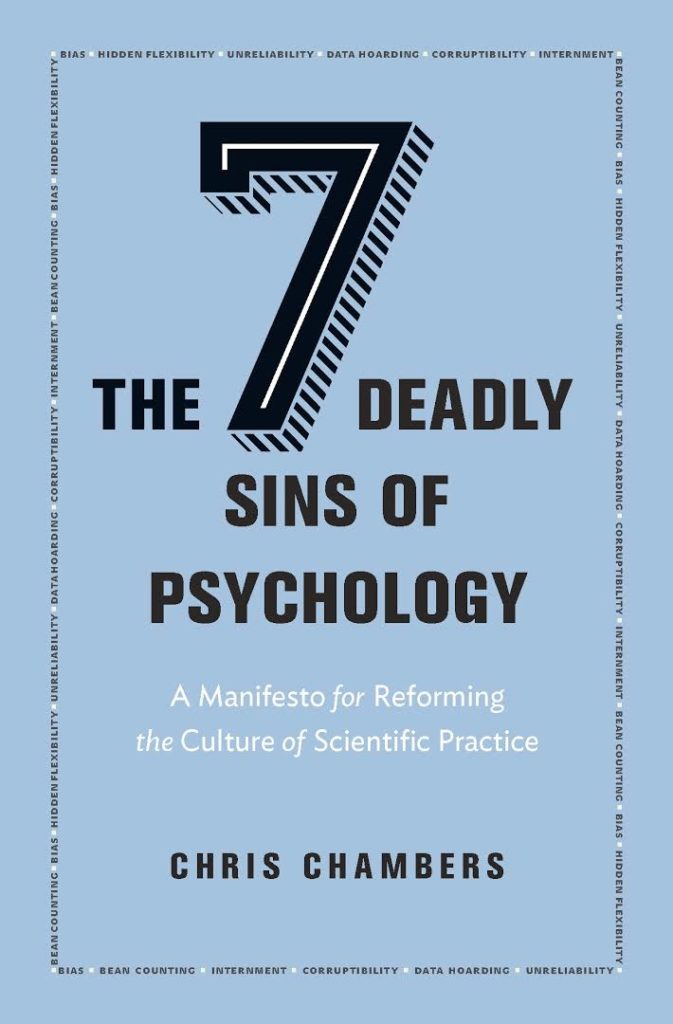Throwing out the Hypothesis-Testing Baby with the Statistically-Significant Bathwater

Over the last couple of weeks several researchers campaigned for a new movement of statistical reform: To retire statistical significance. Recently, the pamphlet of the movement was published in form of a comment in Nature, and the authors, Valentin Amrhein, Sander Greenland, and Blake McShane, were supported by over 800 signatories. Retire Statistical Significance When reading the comment we agreed…
read more





